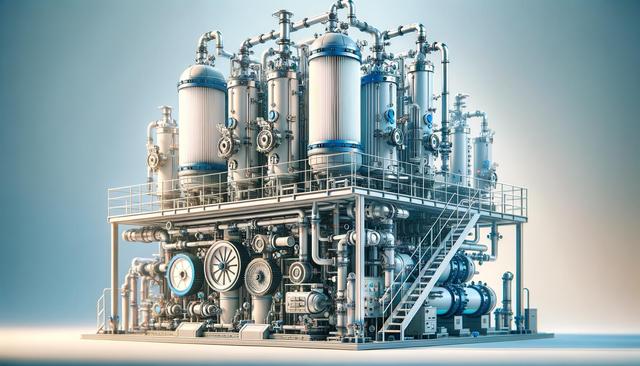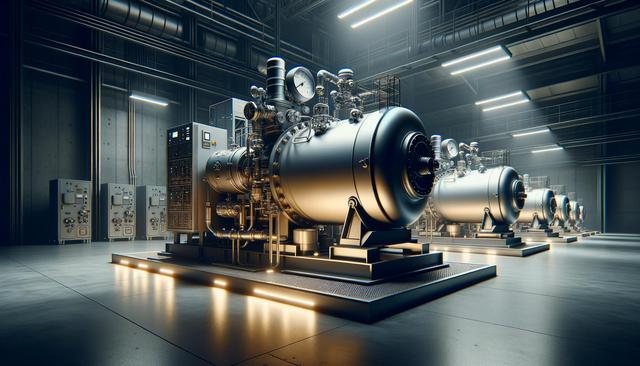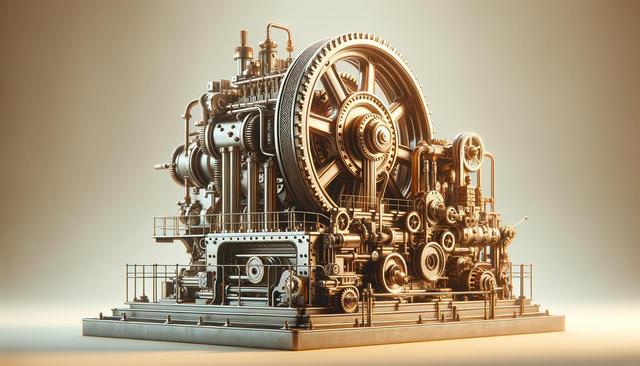Understanding the Membrane Chamber Filter Press
A membrane chamber filter press is a type of mechanical equipment designed to separate solids from liquids in a slurry. It consists of a series of filter plates arranged in parallel, with each plate fitted with a filter cloth. The plates form chambers that hold the slurry during the filtration process. The unique feature of this design is the inclusion of a flexible membrane on one side of each chamber. After the initial filtration phase, compressed air or liquid is pumped behind the membrane, causing it to expand and squeeze the filter cake. This additional pressure enhances the dewatering efficiency and reduces cycle times.
The process begins with the slurry being pumped into the chambers. As the slurry fills the chamber, solid particles are trapped by the filter cloth while the liquid passes through. Once the chambers are full, the membrane is inflated, pressing the remaining liquid out of the cake. This results in a drier final product, which is especially important in industries where moisture reduction is critical for subsequent processing or disposal.
Working Principle of the Membrane Filter System
The working principle of a membrane chamber filter press revolves around mechanical pressure and membrane-assisted compression. The operation generally involves two primary stages:
- Filling and filtration: Slurry is introduced into the press, and solid-liquid separation occurs under low pressure.
- Membrane squeezing: Compressed air or fluid inflates the membrane, applying additional pressure to compress the filter cake further.
This dual-stage process allows for more efficient dewatering compared to conventional filter presses. The squeezing phase significantly shortens the filtration cycle and enhances the dryness of the cake. This makes it particularly useful in industries dealing with high-moisture slurries or where fast processing is vital.
Additionally, the use of membrane technology reduces the need for thermal drying, which can be energy-intensive and costly. By optimizing mechanical dewatering, facilities can achieve better resource efficiency and lower operational costs.
Applications Across Industries
Membrane chamber filter presses are widely adopted in various sectors due to their versatility and efficiency. Their primary role is in the dewatering of slurry, which is a critical process across multiple applications. Some of the key industries where this equipment is commonly used include:
- Chemical Industry: Used to filter fine chemical slurries, dyes, pigments, and other chemical compounds requiring high purity and dryness.
- Food and Beverage: Employed in processes such as juice clarification, food waste management, and edible oil filtration.
- Mining and Metallurgy: Essential for dewatering mineral concentrates, tailings, and processing ores.
The adaptability of the membrane chamber filter press allows it to handle a wide range of materials, including those with varying particle sizes and moisture contents. This makes it a valuable asset for operations looking to improve both the quality and efficiency of their output.
Advantages of Using Membrane Chamber Filter Presses
One of the main reasons for the growing popularity of membrane chamber filter presses is their ability to deliver superior performance in comparison to traditional filtration systems. Some of the notable advantages include:
- Improved Cake Dryness: The membrane-assisted squeezing ensures lower residual moisture in the cake.
- Shorter Cycle Times: The dual-stage mechanism allows for faster filtration and reduced downtime.
- Energy Efficiency: Reduces the reliance on thermal drying processes, saving on energy costs.
- Operational Flexibility: Suitable for a broad range of slurries and adaptable to various industry needs.
These benefits contribute to enhanced productivity and lower total cost of ownership. Additionally, the ability to automate various stages of the process further increases the appeal of membrane chamber filter presses in modern industrial operations.
Maintenance and Operational Considerations
While membrane chamber filter presses offer numerous benefits, proper maintenance and operation are essential to ensure long-term performance and reliability. Regular inspection of the membrane plates, filter cloths, and hydraulic systems is necessary to avoid downtime and maintain efficiency. Key maintenance practices include:
- Routine cleaning of filter cloths to prevent clogging and maintain permeability.
- Monitoring membrane condition for signs of wear or leakage.
- Lubrication and inspection of hydraulic components to ensure consistent pressure application.
Operators should also be trained in the safe handling and operation of the equipment. Understanding the correct pressure settings, cycle durations, and troubleshooting procedures can significantly reduce the risk of damage and improve overall efficiency.
In addition, integrating sensors and automation systems can provide real-time monitoring and data logging, helping to optimize performance and scheduling preventive maintenance. These enhancements contribute to a more sustainable and cost-effective filtration process.
Conclusion
Membrane chamber filter presses have become a valuable tool for industries requiring efficient slurry dewatering, especially within the chemical, food, and mining sectors. Their advanced design, which integrates membrane squeezing technology, allows for higher cake dryness, faster processing times, and reduced energy consumption. While they require consistent maintenance and skilled operation, the long-term benefits in productivity and cost savings make them an attractive solution for businesses aiming to enhance their filtration processes. For facilities looking to improve operational efficiency and resource management, membrane chamber filter presses present a reliable and adaptable option.




Leave a Reply